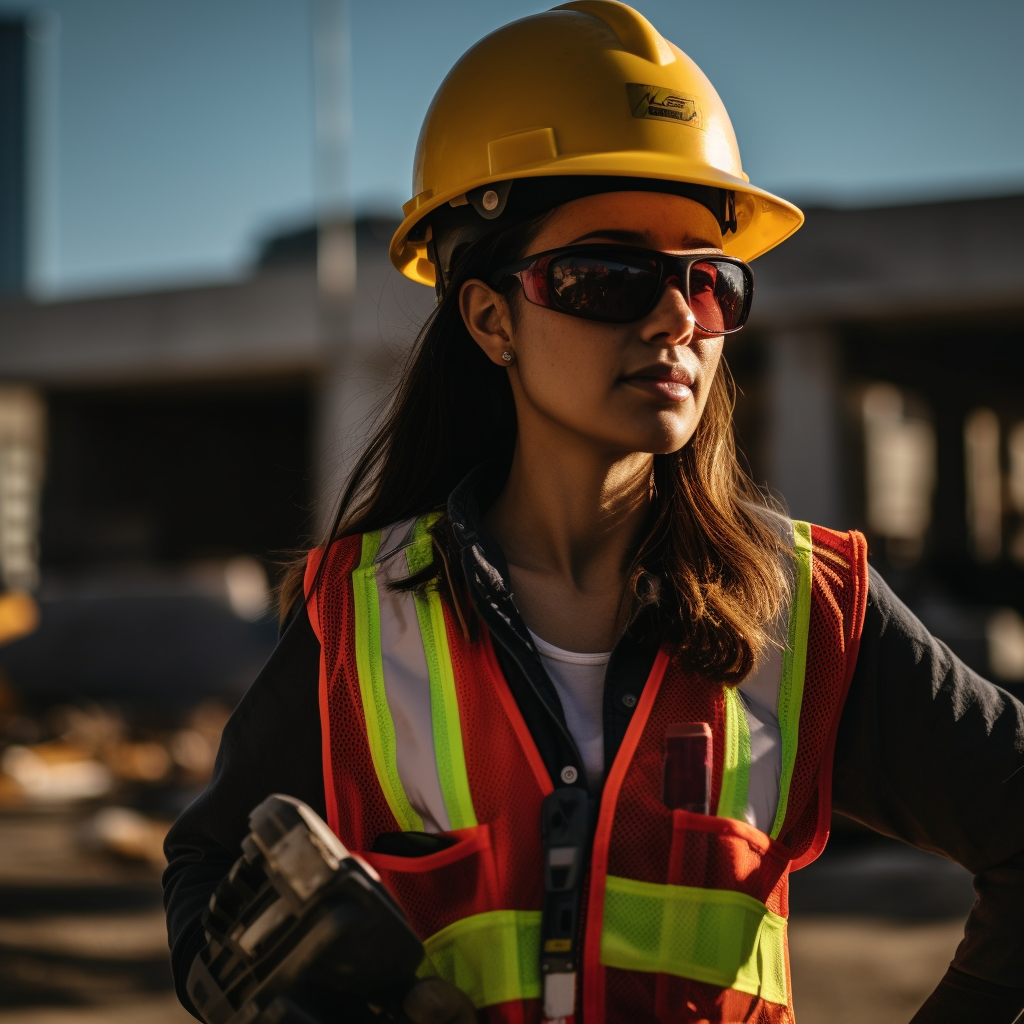Is Climate Change Making Infrastructure Consultants Irrelevant?
In the words of renowned futurist Buckminster Fuller, "You never change things by fighting the existing reality. To change something, build a new model that makes the existing model obsolete." One such new model that holds the key to addressing our climate change challenges is infrastructure consulting and the work of engineering consulting firms.
Infrastructure consultants guide decision-making around the planning, development, and management of physical and organizational structures. Structures like roads, bridges, power lines, water systems, and more. Infrastructure consultants, sometimes found in engineering consulting firms, bring expertise in design, planning, finance, and project management, and work with both public and private sector clients to ensure sustainability, cost-effectiveness, and benefits accrue to the communities these infrastructure projects serve.
Considering what we are experiencing with climate change, infrastructure consultants have an urgent role. Rising sea levels, intensifying storms, and unpredictable weather patterns will require us to build adaptable infrastructure systems. This is where infrastructure consultants can make a significant difference. They can spearhead the integration of climate resilience into infrastructure planning and design, ensuring our structures can withstand the stresses of a changing climate. But, even as they make recommendations and develop projects to move our infrastructure to adaptability, we will have to stop building like we used to.
As adaptability becomes an ever more important factor, infrastructure consultants must advise on the development of 'green' infrastructure, such as urban parks that absorb stormwater, reducing flood risk. They can guide the transition to renewable energy infrastructure, ensuring a steady, sustainable power supply. And they can advocate for innovative city technologies that optimize resource use and reduce emissions.
My point here is that infrastructure consulting itself must evolve. Consultants must go beyond traditional short-term cost-benefit analyses and shift consideration to the long-term environmental and social impacts of the projects they design. They must embrace innovative technologies to predict climate impacts and optimize design decisions in response. They must also consistently advocate for equity, ensuring that infrastructure benefits are shared by all community members, not just a privileged few (as has been the case up until now).
Moreover, infrastructure consulting must adopt a systems thinking approach, recognizing that infrastructure does not operate in a vacuum. It is part of a complex, interconnected system that includes the natural environment, the economy, and society. Natural systems never centralize resources to prevent whole system failure due to one central node within the system. Natural systems spread out the risk through a decentralized/distributed approach. Our future infrastructure design should also bear this in mind. By understanding this, consultants can guide the development of infrastructure that is not only resilient but also contributes to a sustainable, just, and prosperous society.
Infrastructure consulting, and our whole approach to project development, is at a crossroads. Climate change poses significant challenges but also offers an opportunity for re-imagination. By embracing innovation, equity, and systems thinking, infrastructure consultants can guide us toward a future where our infrastructure is not just a defense against climate change, but a pathway to a much (much) better world.

